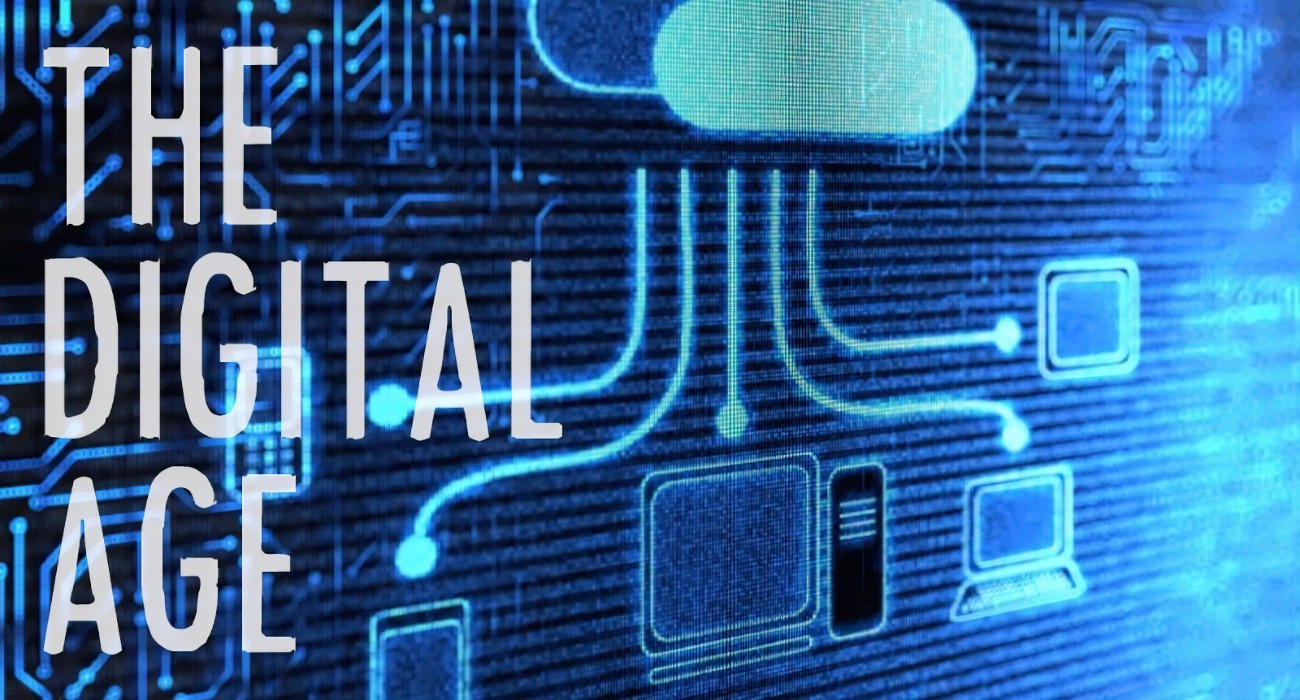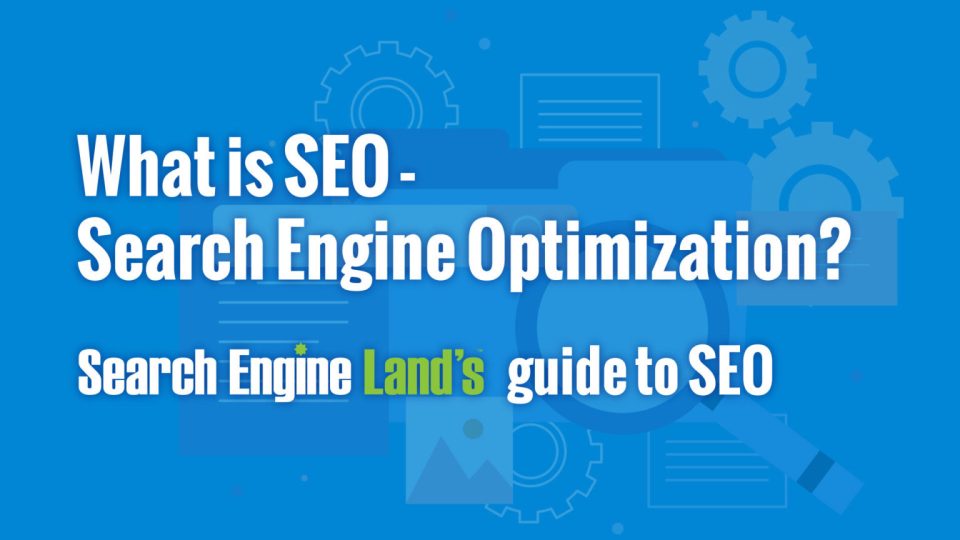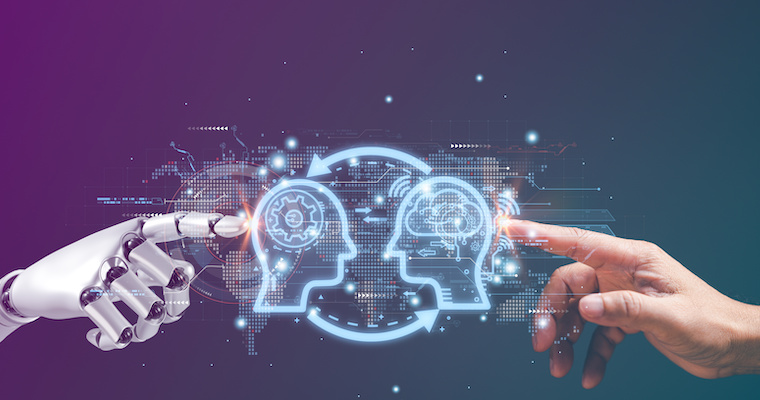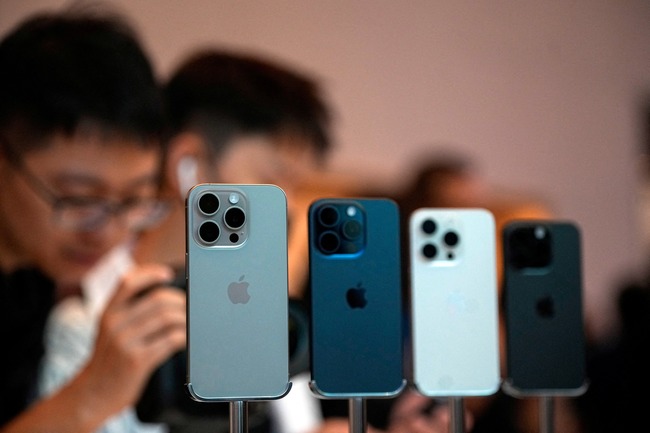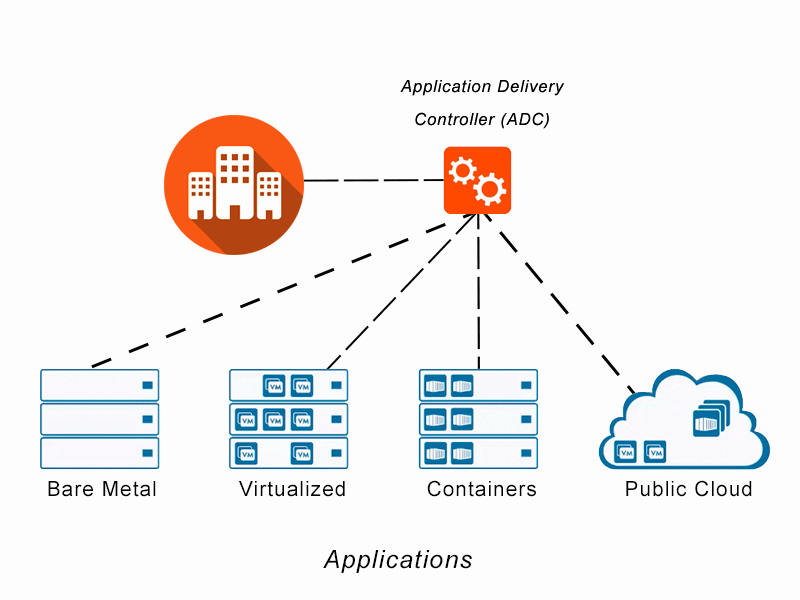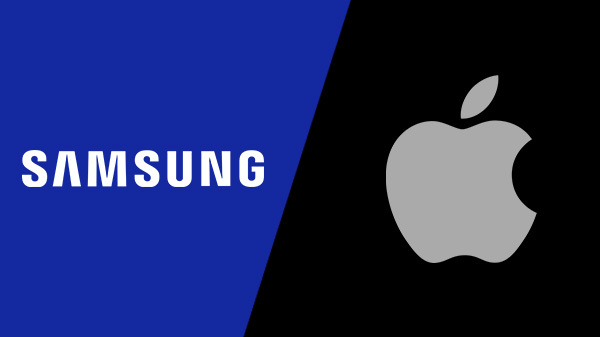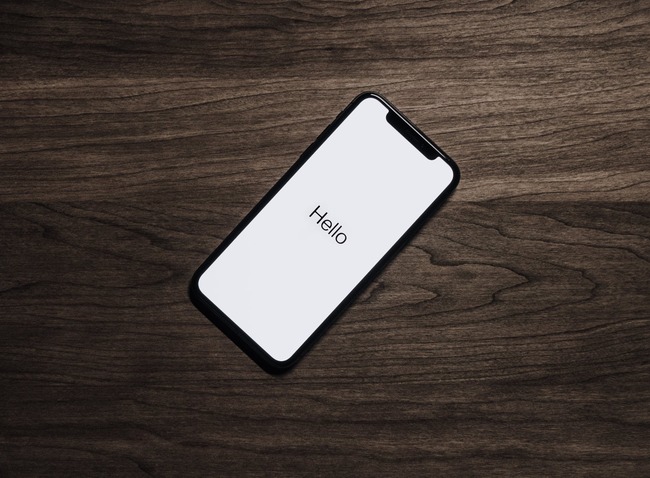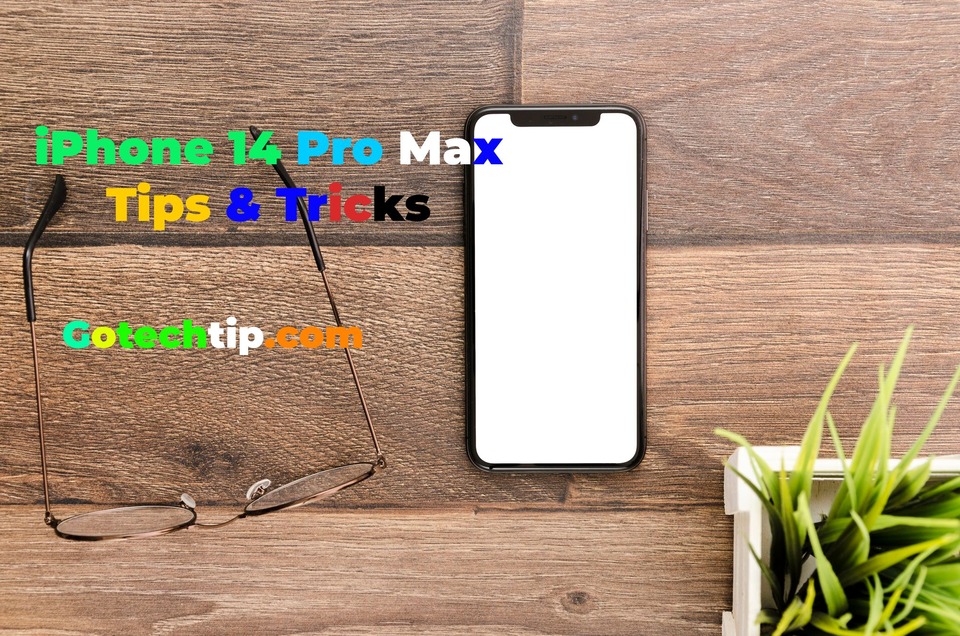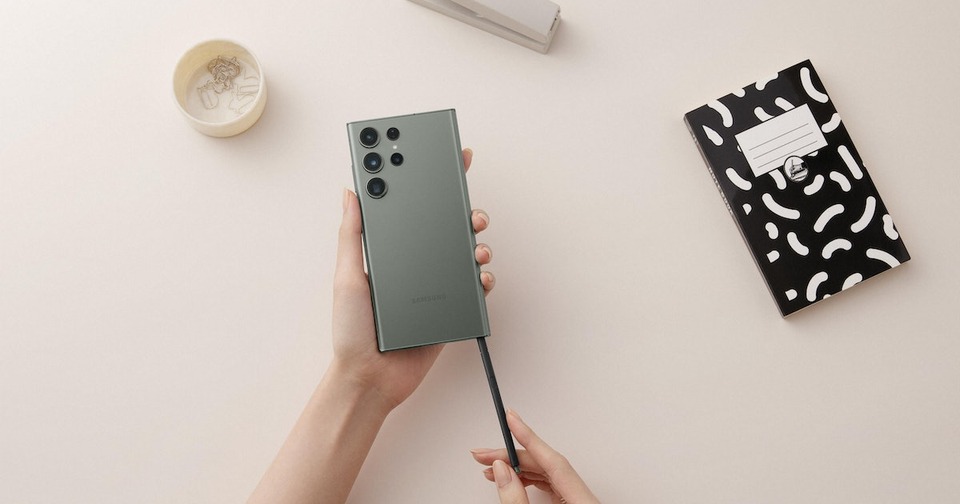Meta’s recent announcement at the Connect event introduces cutting-edge generative AI tools that empower users to enhance their visual content and create engaging stickers using simple text prompts. These innovations are set to revolutionize the user experience across Meta’s platforms, including Instagram, Facebook, WhatsApp, and Messenger.
AI-Enhanced Photo Editing on Instagram
The updated Instagram platform now boasts two exciting AI-powered features for photo editing: “restyle” and “backdrop.” With “restyle,” users can provide a text prompt, such as “watercolor” or “magazine collage,” and the tool will automatically transform the image to align with the given instructions. The “backdrop” feature also leverages text prompts to incorporate AI-generated backgrounds into images, enabling users to express their creativity (“surround me with puppies,” for instance). Meta ensures transparency by identifying images edited with AI tools, helping audiences differentiate between synthetic and human-generated content. The company is also exploring additional labeling features, both visible and invisible.
AI-Generated Chat Stickers
Meta’s new AI-generated chat stickers will infuse its apps with dynamic, synthetic content. Users can effortlessly craft personalized stickers by utilizing text prompts, resulting in a multitude of unique, high-quality stickers within seconds. AI-generated stickers will be accessible on various Meta platforms, including Facebook Stories, Instagram Stories and DMs, Messenger, and WhatsApp. A select group of English-speaking users will gain early access to this feature within the next month.
The AI Revolution
The tech industry is witnessing a surge of AI-powered tools designed to enhance, expedite, and personalize existing functionalities, ranging from movie recommendations to AI-generated news synthesis and captivating facial filters. While AI-driven image editing and content generation have been explored before, recent developments indicate that multiple social media platforms are adopting similar AI innovations, following Meta’s lead.
YouTube, for instance, introduced its Dream Screen feature in September, harnessing text prompts to automatically generate AI backgrounds for YouTube Shorts. The platform envisions enabling creators to modify existing content using AI, much like Meta’s Instagram offering.
Furthermore, YouTube’s AI tools will influence content creation, suggesting video ideas and scripts based on viewer preferences. However, YouTube has not yet detailed its approach to labeling AI-generated content, an area where TikTok has recently introduced new rules and labeling for AI face filters.
In conclusion,
The digital landscape is on the cusp of a significant increase in AI-generated content across social platforms. The crucial question remains: Will these AI tools truly enhance the appeal and intrigue of these platforms and their content?

